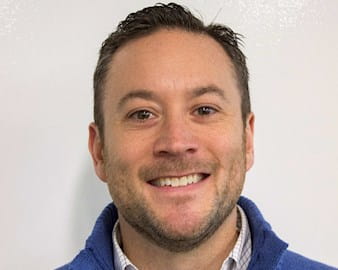
What do you consider to be the primary role of a board member?
I think there are three main things that every board member should do.
- Know your organization. Understanding the mission of the organization will help you ensure that your contributions and decisions are being made in the best interest of the organization and the individuals/institutions that it supports.
- Provide strategic and operational support. Many nonprofits need support with strategy as well as ways to improve administrative operations. They may have experts in their certain fields (ex. education or therapeutic services), but they may not have the right expertise required to run a successful business, including governance, compliance, finance, etc.
- Drive fund-raising and marketing. As a board member, you should take an active approach in ensuring the nonprofit is reaching its target audience and growing the “brand” of the nonprofit through your business and personal network
What qualities make a board member effective?
Passion and dedication are two qualities that make the most effective board members. Passionate and engaged individuals are able to provide solutions and recommendations at board meetings. Dedication is also extremely important, since nonprofits may have significant time commitments. That passion and dedication can also influence others to contribute to the board.
As board chair, what do you expect your new board members to do during their first six months?
I would recommend doing three things first.
- Meet with the board. Meet with staff. Do whatever it takes to develop a deep understanding of the nonprofit so you can become another voice for the organization.
- Immediately contribute ideas and join one of the board committees, if possible. Take a lead role within the board and become an active contributor at the first meeting.
- Let your network know that you have joined the board of an amazing organization, and identify individuals who might also be interested in contributing to your nonprofit (either financially or through volunteering).
Do you have any advice for Booth alumni who are interested in joining a nonprofit board?
Make sure it is a cause you are passionate about and to which you can dedicate time. Then, do your research. In that same vein, determine how your specific skills and experience will benefit the organization. This is also a good time to think about what skills or qualities you want to develop by serving on the board. Once you’re on the board, be patient and understand the capabilities of the board and the organization. There will most likely be areas of opportunity for you to identify, assess, and prioritize. Don’t be afraid to leverage your business expertise, which can be extremely important in making decisions for the nonprofit.
Andrew Puente, ’05, is the director of global sourcing at the Dover Corporation. Puente also serves as board chair for the Center for Speech and Language Disorders, an organization he was matched with in 2013 through the Rustandy Center’s Alumni Board Connect program.


